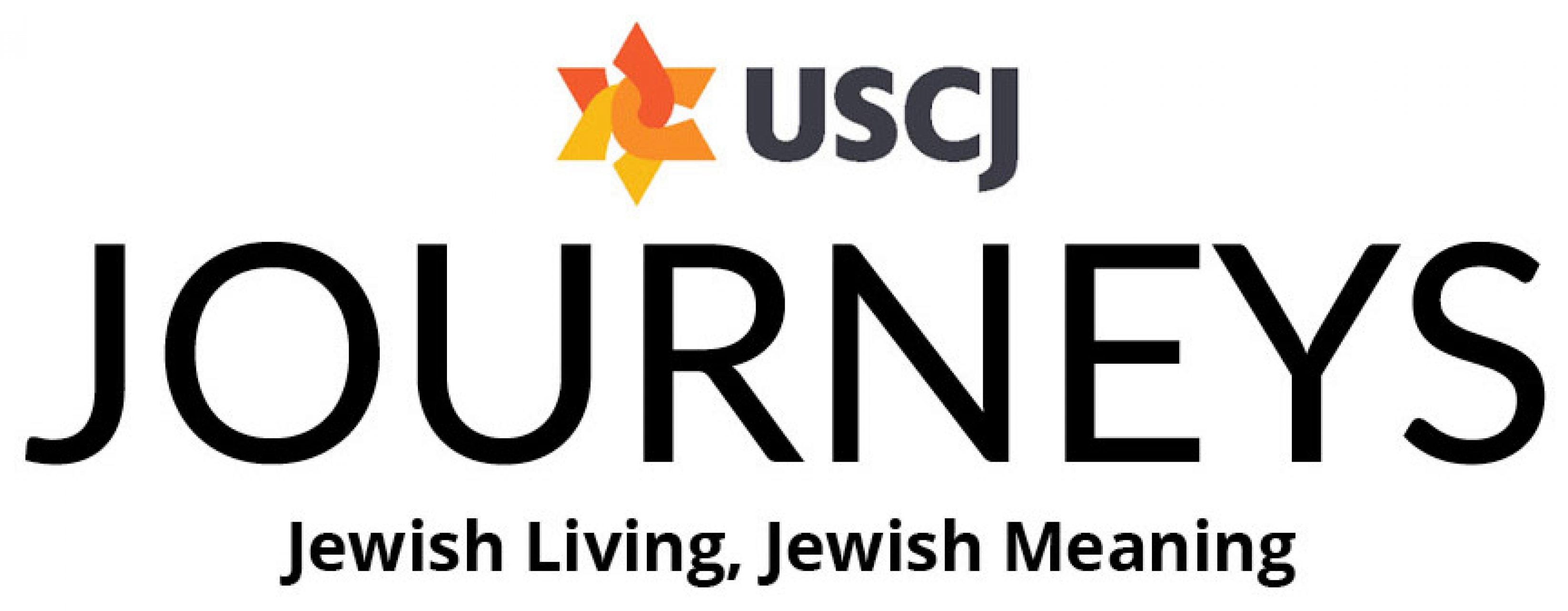 By Ilan Rotberg, president of New England Region USY
By Ilan Rotberg, president of New England Region USY
Any young person knows that older people love to reminisce. Whether it’s in real life or in a hypothetical cliché, I’ve always heard people use the phrase “back in my day,” only to be followed by a nostalgic recollection of a time where kids didn’t have their faces glued to a screen 24 hours per day, seven days per week. For me, these remarks always managed to trigger a small chuckle and caused me to roll my eyes. “Get with the times,” I thought.
Sixteen months ago, I stepped up to the pinnacle of teen angst: My junior year. Most upperclassmen I had met had always told me that being an 11th grader was incredibly stress inducing and generally miserable. During my first semester, I was pleasantly surprised by the mere fact that I was not decapitated with stress; come second semester, though, I began to spiral downwards. In the spring, academics got tougher, extracurriculars piled on and my many college visits started to severely cut the amount of leisure I had in my life. Even worse, I found myself with a shortage of time and attention for something I had always regarded as a priority: faith.
Soon enough, I spent all my time either hunched over my desk or running from commitment to commitment. In the midst of these tolling times, I began to crave a slower lifestyle, much like the one my parents and grandparents had always referenced in their lingering, wistful statements. To my surprise, the very recollections I had shrugged off as outdated would soon become the ideals for my weekly lifestyle.
In May, I undertook a leadership position in USY that requires a certain set of standards. While I was fine with all of them (i.e. keeping kosher and regularly going to shul), one stood out: Being fully shomer Shabbat. The challenge was not actually that I had never kept Shabbat before, I was more so concerned that my busy lifestyle wasn’t capable of taking a full day off every Saturday.
In a world where completing the highest number of tasks in the fewest number of minutes is valued, how could I throw away one seventh of my time every week without transport, internet and electricity? It seemed anything but possible.
After a couple weeks of observing Shabbat, I found it to be more than just okay—it was rejuvenating. While at first, putting away all of the tools I needed in order to “be productive” felt burdensome, Saturday soon became my favorite day of the week. Don’t get me wrong, I love the Internet. What can I say? I’m a part of the first generation to grow up with the constant flow of information that the Web provides. But my love of Shabbat is not in spite of my need to stay connected; rather, the day of rest allows me to increasingly appreciate the needed juxtaposition between work and rest.
America today is more individual than it’s ever been—we don’t really like being told how to dispose of our coveted free time. Yet, it wasn’t until recently that some iteration of the Sabbath was not the mainstream fabric of American life; even after the Puritans lost their hold on American societal norms, Sunday was still a unique day dedicated to rest. In a 2003 New York Times piece, Judith Shulevitz remarks that “Anyone older than 30 can remember living with the expectation that most stores would be closed on Sunday; the expectation now is that they will be open, and we’re miffed when they aren’t.”
While Shabbat has very well provided me the chance to find God and reconnect with Judaism, religion is not what makes Shabbat special. American history proves that a day of rest is not solely a religious experience, but also a secular endeavor. There’s something truly special about putting all of the intricacies of daily life aside for two dozen hours to leave room for a meditative state—take it from a sometimes-too-crazed teen who’s catchphrase used to be “Sleep is for the weak.” Anyone, no matter how busy, can take advantage of rest and reflection. By extension, anyone is fit for a Shabbat experience.
Despite my conviction, I’m no expert. From time to time, I cut corners to accommodate for certain things that I really need to do. In my mind, exceptions here and there are okay, but let’s not let our packed schedules and dreary routines place confines on our mental health. Especially for young adults, maintained health is paramount, and reflection is one of the best ways to remedy the daily hurdles life throws at us.
With a declining number of conservative Jewish homes incorporating the day of rest into their lifestyle, it’s important to reexamine not only why Shabbat is important, but also how far it’s taken us. Jewish teens shouldn’t misconstrue the choice to observe Shabbat as another commitment on their extensive laundry lists of activities—there’s real merit in using Shabbat as an irreplaceable tool to slow down the agonizing daily productivity race.
About the Author
Born to a Jewish family in Mexico City, Ilan Rotberg moved to the United States at the age of 5. He is 17 and currently a senior at Newton South High School, a public school in Greater Boston. Rotberg is the editor-in-chief of his school newspaper, The Lion’s Roar, president of the New England Region USY, co-founder of a small interfaith project and a Diller Fellow. He is a member of Temple Emanuel in Newton, Massachusetts.
In the summer of 2018, Rotberg furthered his Jewish study at the Maimonides Scholars Program at Yale University. After taking a gap year in Israel, Rotberg intends to continue his studies in college and hopes to double major in data science and philosophy.
USY can be life-changing for Jewish teens! Click here to learn more.
Share Your Perspective!
Do you have a topic you’d like to address in a first-person article in an upcoming issue of Journeys? Contact us to let us know about it and receive our editorial guidelines.



Comment here